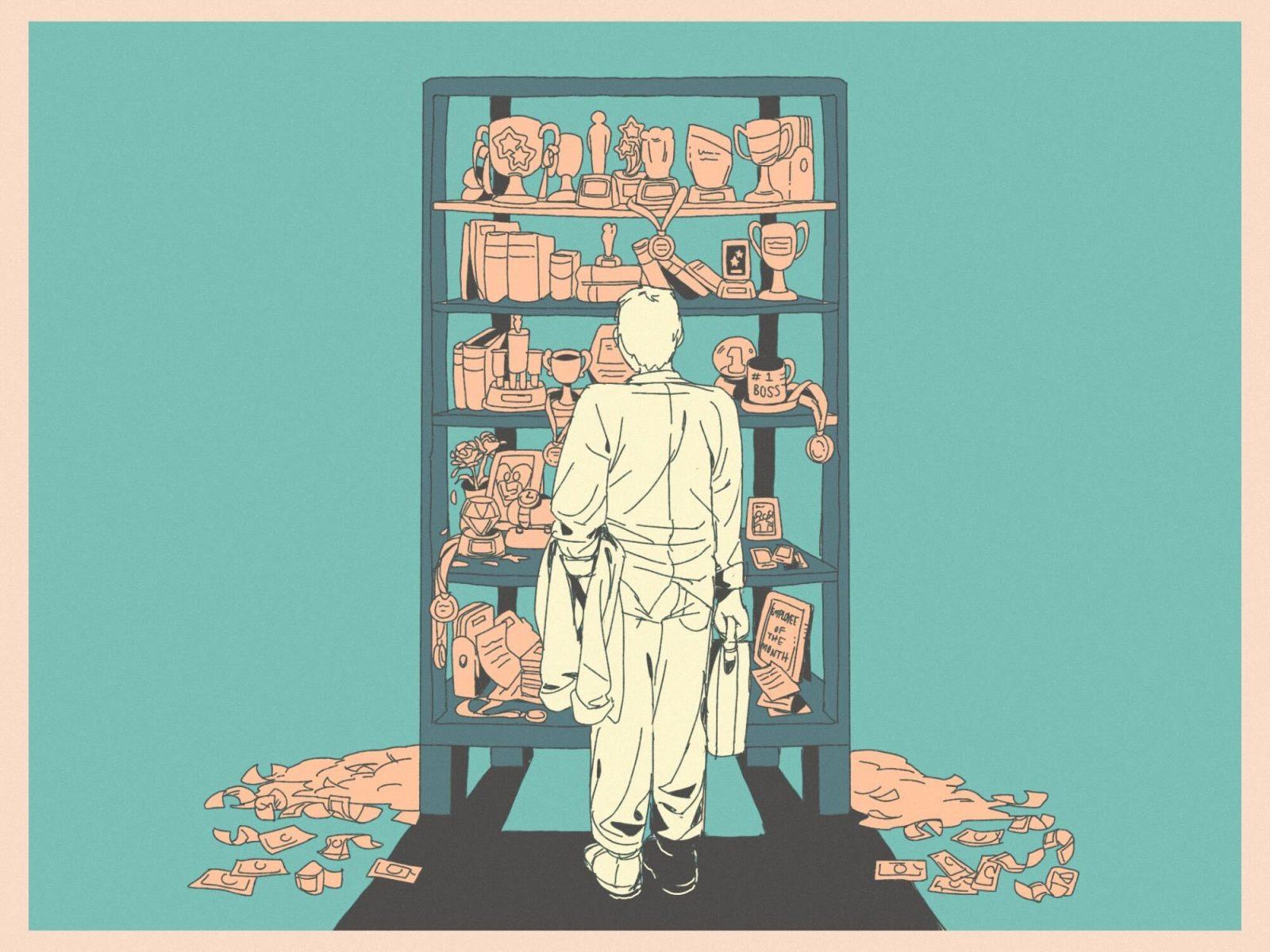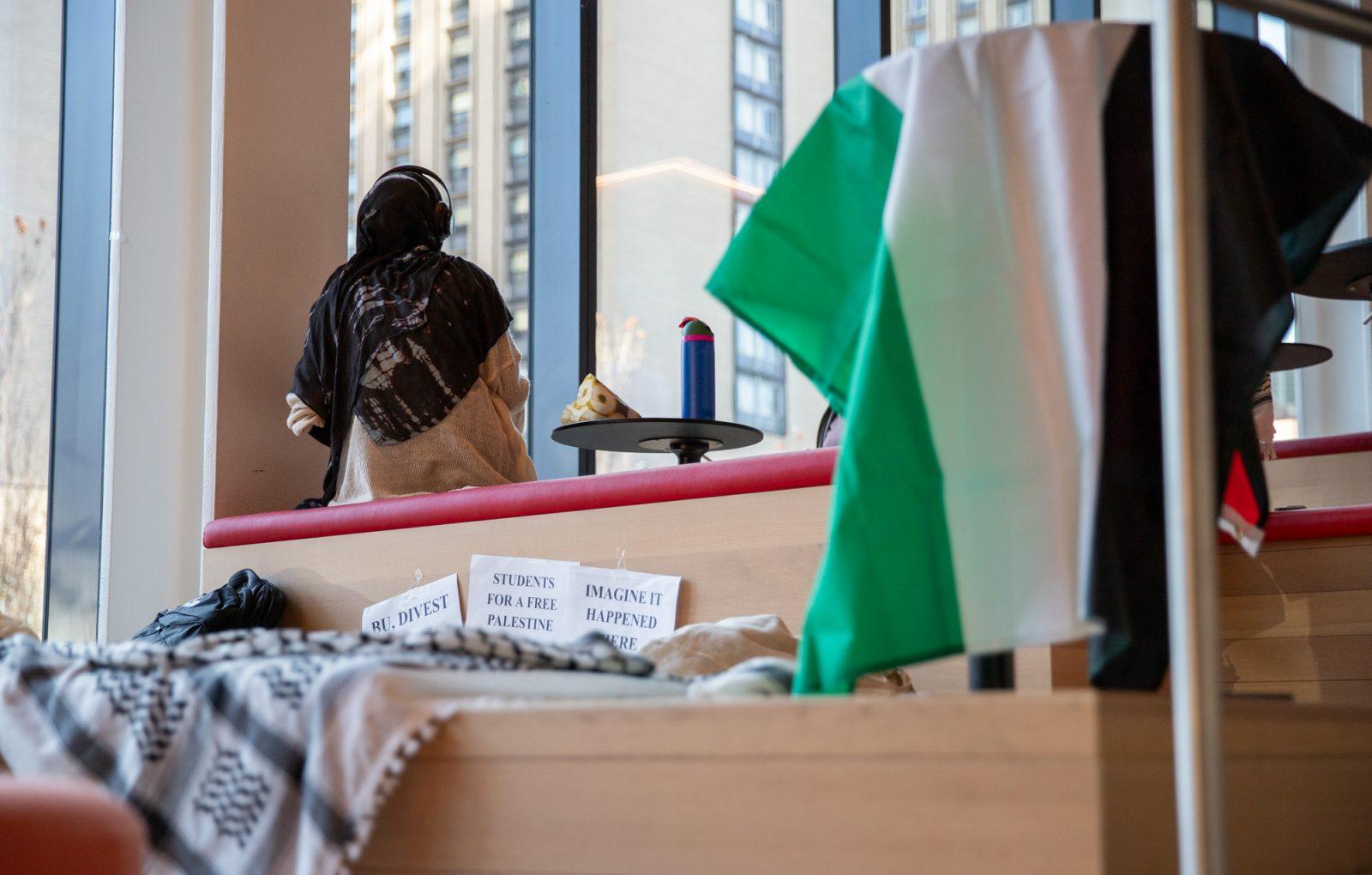Kevin Powell, a notable activist and public speaker, spoke to an audience of around 100 people Thursday night at the Boston Public Library to reflect on America during the Civil Rights Movement, specifically the work of Dr. Martin Luther King Jr. and the social engagement and activism that is lacking today.
The discussion, held at the Boston Public Library, is a part of the 2018 Lowell Lecture Series. The theme for 2018 — social justice — was chosen to reflect current events in the country, The Daily Free Press reported.
Emily Todd, adult programs librarian at the Boston Public Library, wrote in an email before the discussion that she hoped attendees left with the understanding of how important activism and justice are in today’s society.
“Dr. King is a figure whose life and work have left an important legacy which continues to inspire and inform activists in various movements today,” Todd wrote. “We hope [attendees] will leave feeling like they understand the legacy of the civil rights movement and the ways its impact is felt in various twenty-first century movements.”
Todd wrote she hopes these lectures will inform the community on significant social issues, especially because of how acclaimed and respected Powell is around the country. He often speaks out against violence and marginalized individuals in America at different panels and discussions across the country.
Powell said during the discussion that the country could benefit from King’s lessons now especially, because of the “deep times” it is going through.
“I do believe that people really need to understand that what Dr. King was saying, particularly at the end of his life, was very necessary — that we need radical and revolutionary values,” Powell said.
Powell said ostracized individuals throughout history have had feelings of self-abnegation because they have been rejected by society.
“Black people in this country — or women, or people of color, or queer sisters and brothers, or disabled folks — people who have been marginalized or in some way left out of history have been so conditioned to have an inferiority complex because they didn’t see themselves in history,” Powell said. “Even if there isn’t a back door, they’ll create a back door.”
Tariq Mohammed, 41, of Andover, said the exchange of ideas among activists is of the utmost priority.
“Activism is very important in today’s society,” Mohammed said in an interview. “If you want to push the boundaries, you have to learn how to communicate, advocate and be interacting with other activists who are doing good work around the world or in the United States and learn from each other.”
Powell said today’s society tends to pick and choose when to resist discrimination according to their comfort level, a habit which will be frowned upon by future generations.
“You can’t just be opposed to injustice that’s convenient for you,” Powell said during the discussion. “When we don’t do anything during these times, 100 years from now people will look back on us and say ‘What were all those people doing when all that was happening?’”
Herbert Jones, 58, of Dorchester, said in an interview that much of today’s society is not aware of the full impact King had during the Civil Rights Movement.
“Having been alive when Dr. King was killed — that’s a very vivid memory — and just thinking about some of the real things that he spoke about versus a lot of things we’re continuously fed about what he spoke, I think it’s important that somebody comes in and enlightens, fills in the gap and balances [about] what the perception or the reality of what Reverend King was about,” Jones said.
Ann Eggleston, 51, of Natick, said Powell has comparable ambitions for community change.
“I’ve been a fan of his for a long time,” Eggleston told The Daily Free Press. “Any chance I get to hear him speak, I find him to be an inspiration and I just enjoy being in his presence. He shares the same sort of goals towards social justice that I’ve done in my work for 30 years.”


























































































































